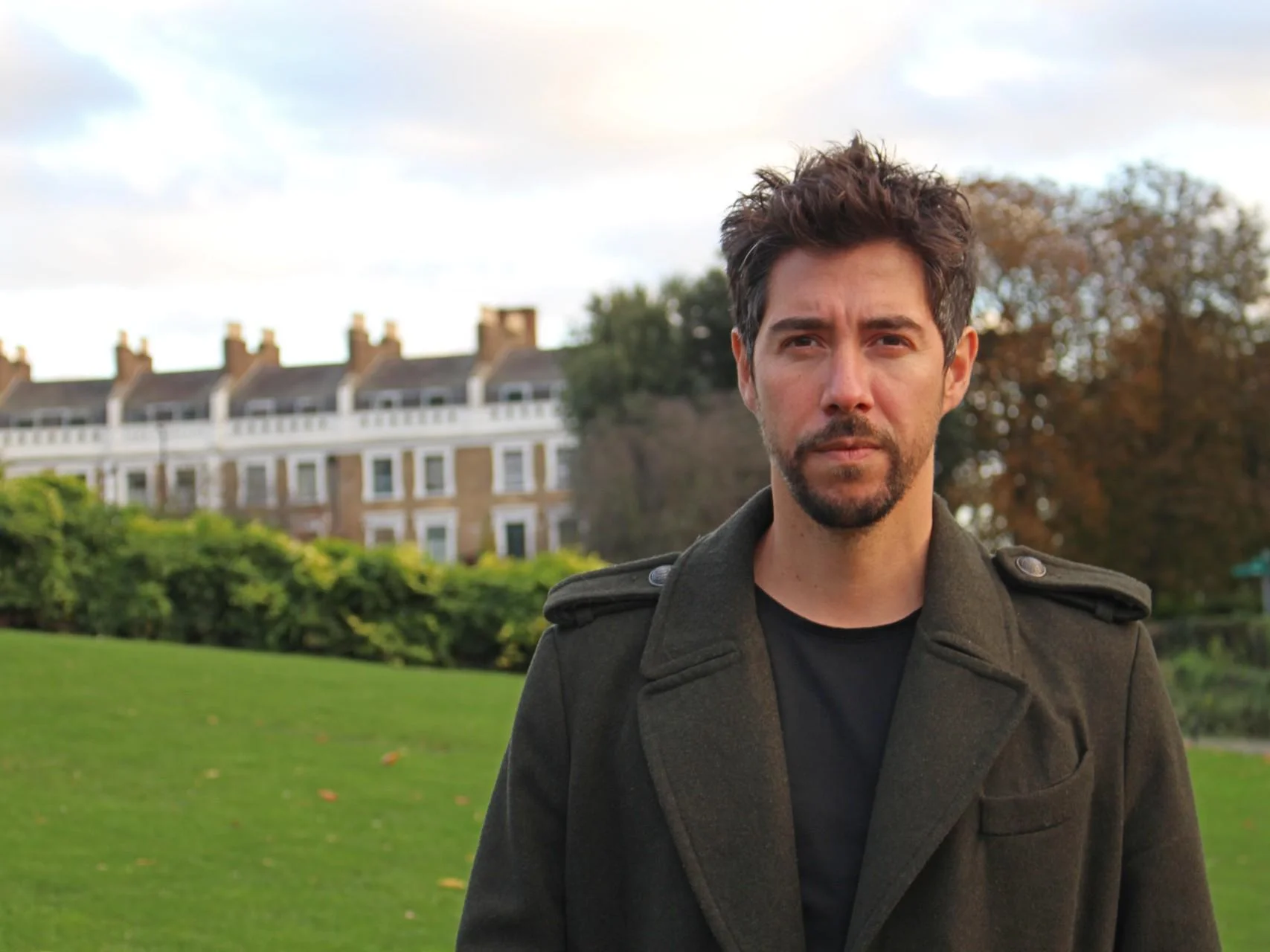Collective violence in contemporary Latin America: a Q&A with Diego Sazo
Collective violence in contemporary Latin America
Diego Sazo is a PhD candidate in the Department of Government
I expect to demonstrate that patterns of rioting can be best explained through the lens of early government response to popular mobilisations.

What are you currently researching?
I am studying the varied forms and trajectories of collective violence in contemporary Latin America. In particular, I’m examining the causal mechanisms that shaped rioting events during recent popular uprisings (2019-2020), seeking to explain why they differed across countries. I’m doing this using a comparative historical analysis, combining extensive historical research, quantitative data, and ethnographic fieldwork.
Why did you choose this area of study?
The comparative politics field offered me a unique chance to combine my academic expertise and professional background. Before my PhD, I did a master’s in conflict studies that gave me rich analytical tools to understand the dynamics of violent conflicts, particularly in the Global South.
I also worked as a conflict policy advisor at the Ministry of Interior in Chile, where I closely grasped how security and public order institutions work on the ground. By using these two strands of personal experience, I was convinced that my research could originally contribute to existing scholarship on comparative conflict analysis.
How will your research improve or have a wider impact on society?
I expect to demonstrate that patterns of rioting can be best explained through the lens of early government response to popular mobilisations. While previous research has emphasised the inflammatory role of police repression, socioeconomic preconditions, or protesters’ ideology, I put forward that authorities’ dismissive performances should also be considered.
My research thus offers not only an alternative vantage point to conventional framings but also useful evidence for decision-makers to prevent protests turning into riots. The latter is crucial since the failure of addressing dissent peacefully has been proved to contribute to institutional erosion in developing democracies.
What have been the highlights of your research so far?
Against deterministic approaches on the causes of rioting, I’ve found that violent disorder in Latin America was not the irreversible outcome of enduring socioeconomic inequalities.
By comparing the most-similar cases of Chile and Argentina, I’ve demonstrated that differences in government responses help explain why protests in one country transformed into riots while they did not in the other. Where state authorities persistently confronted dissent, as in Chile, national scale rioting erupted. Conversely, where governments opted for a conciliatory reaction, as in Argentina, they de-escalated popular outrage and prevented outbreaks of violence.
These findings shed light on the critical role that government responses in general, and the vilification of dissent in particular, play in the making of civil disorder.
What has been your biggest challenge so far?
Doing a PhD is a challenging journey by itself, yet the COVID-19 pandemic posed additional obstacles. In my case, staying concentrated on my research was particularly difficult during the worst days of the pandemic in the UK and my own country.
However, the biggest challenge came with the drastic cancellation of daily life on campus. I do believe that rich academic discussions are shaped in the classroom but also with random interactions with colleagues and professors in halls, cafeterias, or pubs. Strict social distance rules precisely impeded that. Fortunately, academic life on the campus is slowly flourishing again.
What advice would you give to prospective students on the most effective way to approach research and keep stress levels down?
My personal experience has shown me the important role of collegiality, self-discipline and time boundaries. In the first case, sharing your early writing drafts with colleagues allows for receiving valuable feedback, helping to improve your analytical skills as well as think critically about your own research.
Self-discipline is relevant since the PhD journey puts the responsibilities of deadlines on your shoulders. Finally, setting time boundaries between your work and personal life gives a necessary break to perform properly under stressful circumstances. The combination of these three factors can surely allow you to better manage this challenging process.
In a few words, what is the best thing about studying at LSE?
LSE has offered me a unique environment for creativity and critical thinking. Studying at LSE embeds you in an intellectual culture that permanently encourages you to be original and push the boundaries within your field of study. Daily connections with world-class professors, peers and students with diverse backgrounds contribute to this, as does the inspiring backdrop provided by the multicultural city of London.